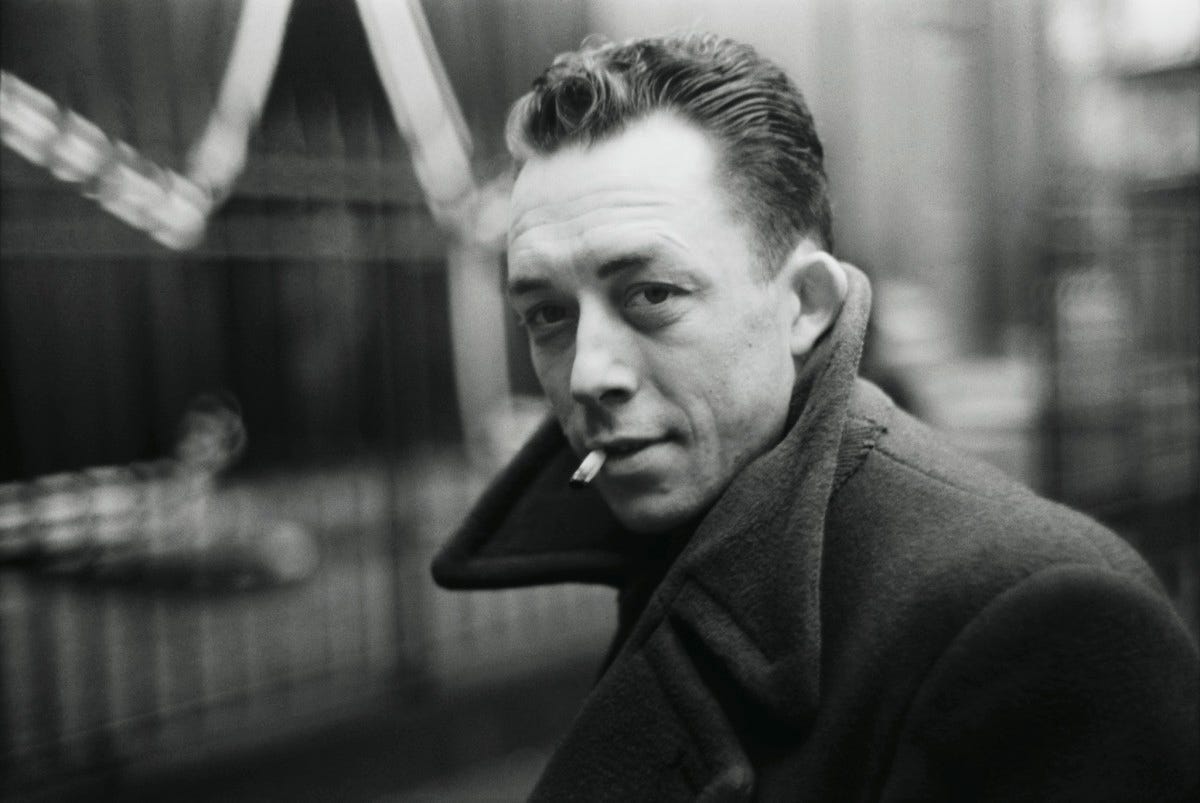How to Embrace Uncertainty While Building Conviction
Breaking the Standoff Between Zealotry and Cynicism
One of the hardest and most important skills is the ability to live with, and even flourish under, conditions of uncertainty.
The Talmud understood this long before modern philosophy. In Sanhedrin 17a, it rules that if every judge in a capital trial votes to convict, the defendant must go free. A court that sees guilt with perfect clarity, the sages say, has failed. For justice to exist, at least one person must still be searching for the possibility of innocence.
The paradox is the point. Truth requires difference. When every mind moves together, the system stops thinking. Learning, like judgment, depends on dissent, the space between perspectives.
We live in a world that confuses conviction with certainty. Our classrooms, our feeds, our politics reward speed and confidence. Doubt reads as weakness; hesitation feels antisocial. We know how to argue, but not how to pause. The Talmud’s counterintuitive claim that unanimity is itself a reason to doubt offers another model.
Since Descartes, the West has sought foundations immune to doubt. “Cogito ergo sum” was meant as an anchor against the storm of uncertainty. What is the one thing I can know for sure? That I think. From it grew the modern ideal of mastery, knowledge as control, thought as possession.
But as Heidegger saw, this lucidity costs us the world. Or as the meme might go, Men would literally seek the one indubitable foundation for all their thoughts than go to therapy. The question we should ask isn’t what’s certain, but why we need it.
Jean-Luc Marion, writing in Heidegger’s wake, claimed that what we should seek is not certainty but assurance: not the ego’s grip on being, but the confidence that arises from relationship, from gift, from love.
Still, the cult of certainty persists. Its high priests wear different robes now. There’s the Rationalist, who believes that with enough data, the world can be rendered transparent, risk eliminated, and decision automated. There’s the Optimist, heir to the self-help sermon, who treats confidence itself as virtue and doubt as a moral failure. And then there’s the Ironist, who, weary of both, shrugs that nothing is knowable and nothing matters.
Each, in his way, abolishes the human condition: the Rationalist by pretending uncertainty can be solved, the Optimist by pretending it doesn’t hurt, the Ironist by pretending it doesn’t exist.
The Talmud refuses all three. It doesn’t banish uncertainty; it institutionalizes it. It transforms hesitation into structure—the overnight pause before verdict, the insistence that unanimity is suspicious, the principle that disagreement is not chaos but conscience.
Hamlet dramatizes what happens when we can’t bear that feature. The prince delays revenge because he wants proof. The ghost tells him what he already knows, but can he trust the ghost? Carl Schmitt read the play as a political theology of the Reformation: Protestants denied ghosts, Catholics affirmed them. Shakespeare had to tread carefully, caught between rival certainties that could each get him killed.
Hamlet’s tragedy is not doubt itself but the fantasy that doubt must end before action begins. In him the modern mind discovers its mirror: intelligence without assurance, irony without agency.
We still live there. We hesitate until the evidence is total, and when it never arrives, we call our paralysis principle. As Yeats wrote, “the best lack all conviction, while the worst are full of passionate intensity.” Hamlet scrolls; the feed refreshes; the act never comes.
In portfolio theory, perfect correlation is fatal—when every asset moves together, the slightest shock ruins everything. Resilience comes from diversification: a spread of unaligned bets.
Intellectual life works the same way. When all our convictions depend on the same assumptions, a single surprise unravels the whole. A wise mind, like a wise investor, holds convictions strongly but provisionally, ready to rebalance when the world shifts. The Talmudic sage, the prudent investor, and the serious learner share a single virtue—conviction without finality.
Education, properly understood, is the cultivation of judgment under uncertainty. It is the art of pausing well. The teacher’s task is to model that pause.
Descartes sought a philosophy immune to doubt; the Talmud offers one strengthened by it. Its wisdom is not that truth is relative but that it is relational, arriving through conversation, disagreement, revision, and time.
The Rationalist will scoff that doubt is inefficiency. The Optimist will insist that confidence can conquer it without any due diligence. The Ironist will say that none of this matters; just be cool, man. But the Talmud reminds us that to be human is to deliberate under uncertainty—and that the ability to pause, argue, and act anyway is not weakness, but faith.






One could say the entire enterprise of the Torah is a journey into uncertainty and its discontents.